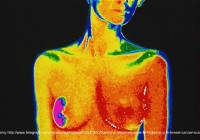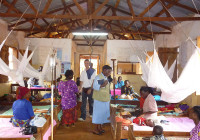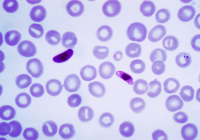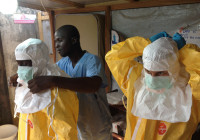DNA-damaging herbs suggest opportunities for cancer prevention

Research published this week in Genome Medicine suggests that aristolochic acid, a compound present in herbal remedies, may contribute to bladder cancer development. In this guest blog, study author Professor Steven G. Rozen, currently a member of the Cancer and Stem Cell Program at Duke-National University Medical School, discusses the implications of their findings.








